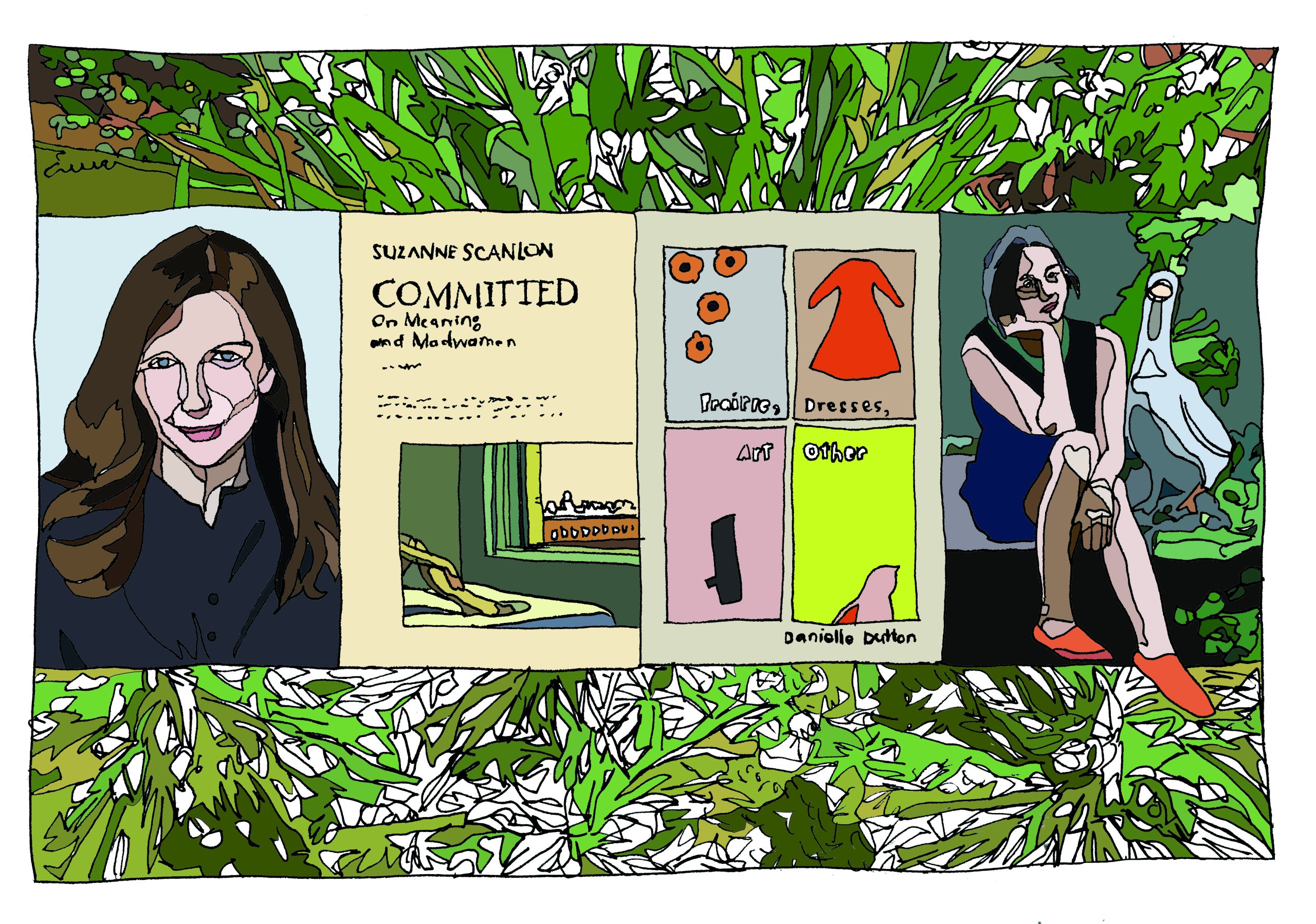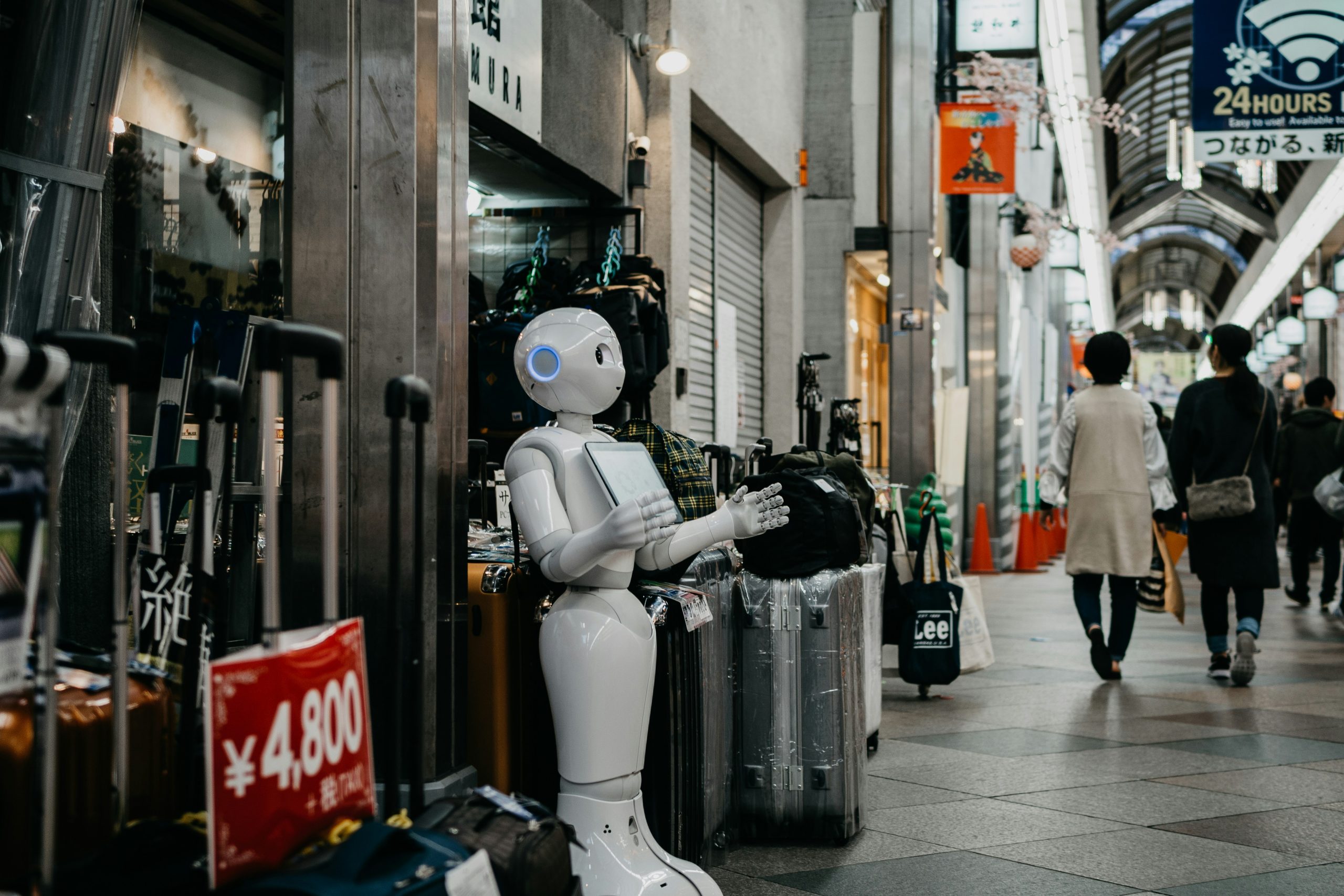essays
How DRM Evolved from Protecting Publishers from Piracy to Protecting Amazon from Competition

Editor’s note: the following essay by Andrew Lipstein, the founder and editor of the DRM-free ebook store 0s&1s, explains how DRM has helped Amazon maintain dominance in the ebook market.
On the course of an incredible Darwinian adventure, the very structure that keeps certain fish afloat originally served an entirely different purpose. The lungs of basal fish, eventually becoming the lungs of land vertebrates, went on to serve as the swim bladder in their undersea cousins. In evolutionary theory, this is referred to as an ‘exaptation’, or a shift in the function of a trait over time. For all of the coverage Amazon has received, in or out of the context of Hachette, we’ve ignored a major exaptation that has greatly contributed to the online booksellers’ success.
When technology began to enable the proliferation of electronic entertainment, the prevention of piracy became eminent. All creative industries — film, video games, books and (most famously) music — invested heavily in Digital Rights Management. As an encryption service, DRM was deemed necessary; how else would we protect profits against those willing to (illegally) share?
Now let’s flash forward many Darwinian cycles in digital publishing. DRM is still widely used. In fact, it ‘protects’ nearly every book published by the Big 5 (Penguin Random House, Macmillan, HarperCollins, Hachette and Simon & Schuster). But, like the swim bladder in basal fish, it now serves a completely different function in the evolutionary advantage of Amazon.
We now live in a digital landscape that, at best, renders DRM a formality. In just a few clicks, DRM can be cracked. Though virtually all of today’s bestsellers are DRM-protected, a reader who is inclined to pirate can without any real effort. So how do we explain Amazon and the Big 5 continuing to employ the method? Part of it is the friction that keeps us temporarily bound to antiquated technologies (the same reason we don’t yet pay our rents online). But the whole truth is that DRM now serves an entirely new purpose.
The specter of piracy forces publishers, already suffering in a hypercompetitive industry, to cling to DRM and, in turn, Amazon. DRM is just another service that publishers get from Amazon that they’d rather not spend the resources on themselves. As an Author Earnings Report points out, DRM also “makes it difficult to move ebooks between devices and traps readers into a single retail channel.” That is, DRM keeps Kindle users at Amazon, and Amazon users reading on Kindles. (It is worth noting that the same report finds that “DRM harms ebook sales at any price point” and “indie titles without DRM sell twice as many copies each, on average, as those with DRM.”)
Under the pretense of DRM, retailers like Amazon even avoid selling customers ownership of a given ebook, instead offering them a license to read. A 2009 Times article reported that, in a move that seemed to define the very concept of irony, “Amazon remotely deleted some digital editions of [Orwell’s 1984] from the Kindle devices of readers who had bought them.”
By unchaining ourselves from DRM, we can see a newly competitive ebook retail market, where transactions are as simple as the exchange of money for zeroes and ones. Publishers and retailers are already experimenting with DRM-free sales — this group includes Tor Books, OR Books and Emily Gould’s retailing service, Emily Books. Last summer, when I launched the literary fiction-focused ebookstore, 0s&1s, there was no question whether to encrypt our books.
Like in every art-based industry, figuring the mechanics of how creation turns into profit is a tough process. For books, it’s hard to imagine a more stable equilibrium than a world where the reader pays to own the story, and we trust them not to share.
***

Andrew Lipstein is the founder and editor of 0s&1s. The e-bookstore sells DRM-free novels, poetry and magazines from such publishing houses as Tin House, Verso Books, BOMB, Dzanc Books and Coach House Books.









